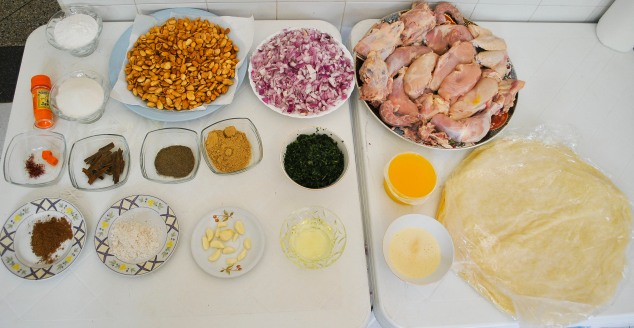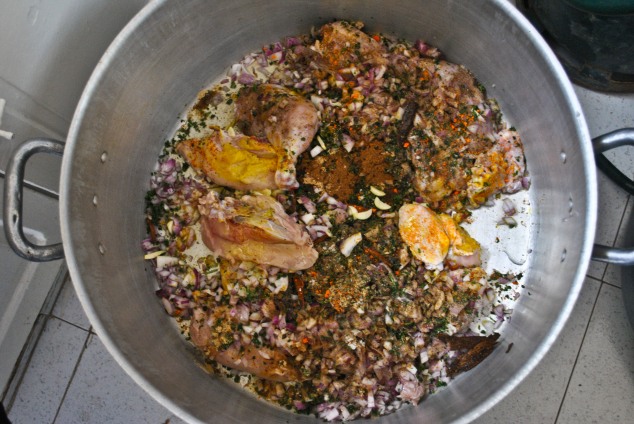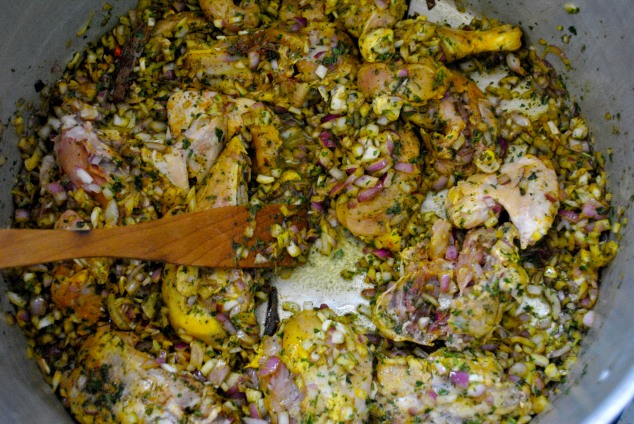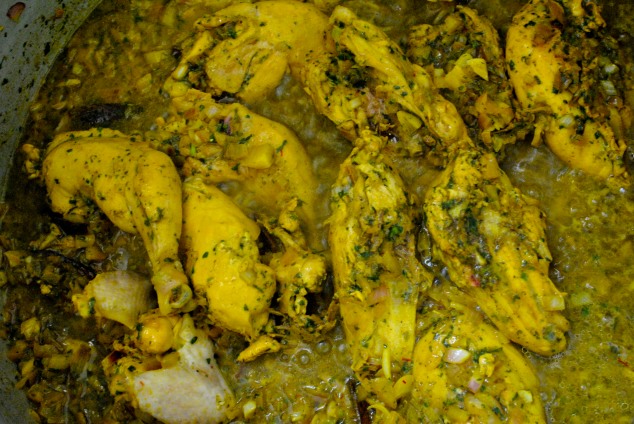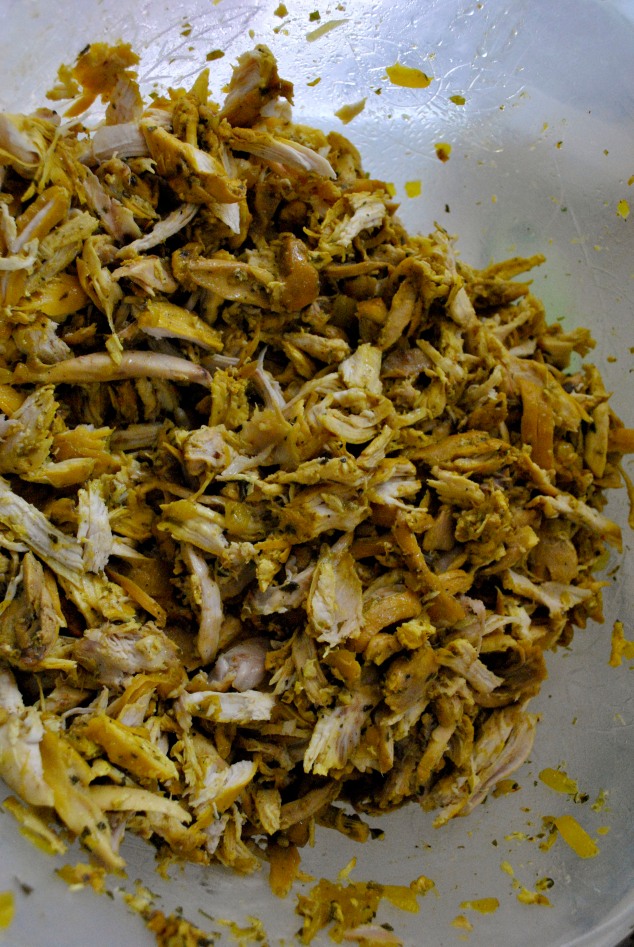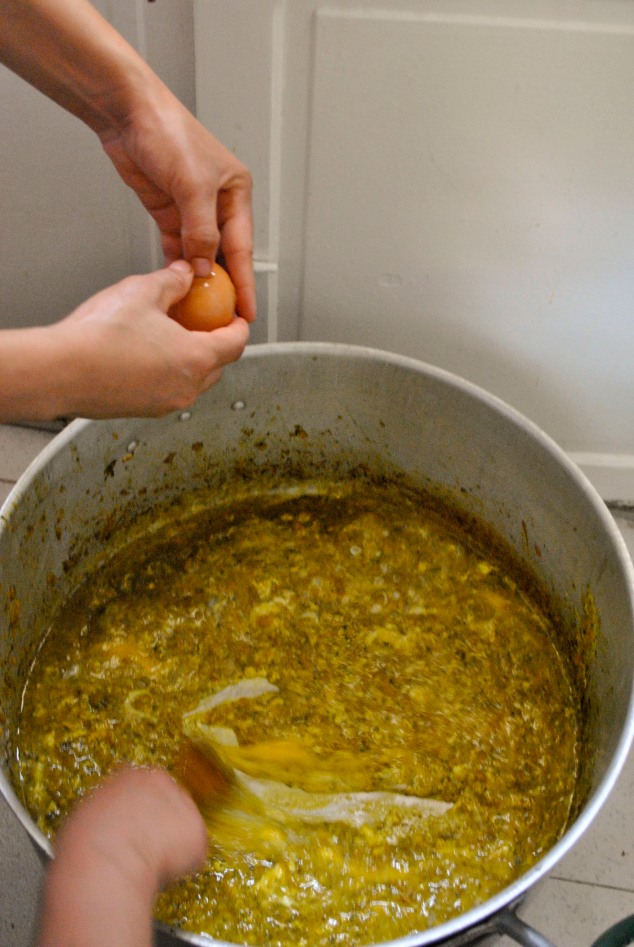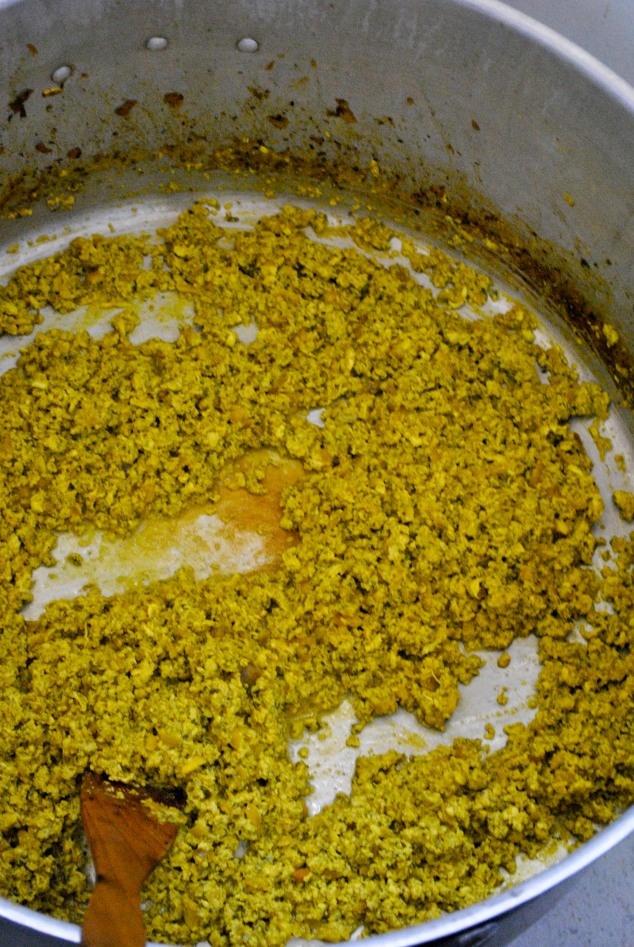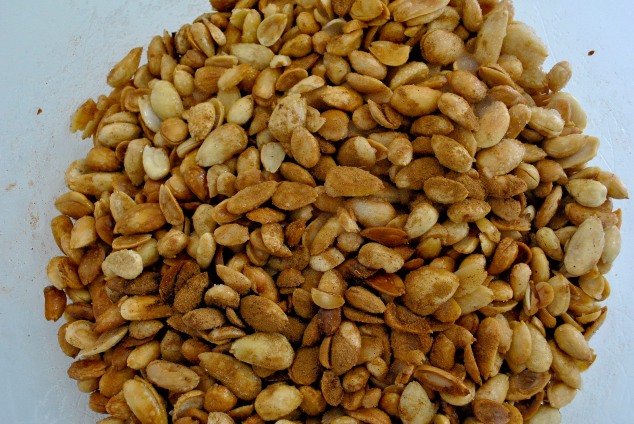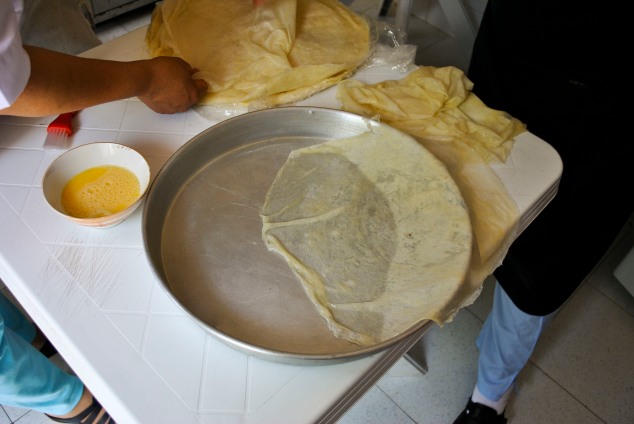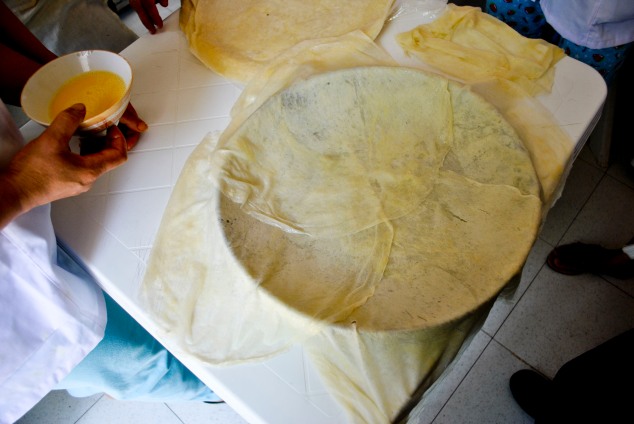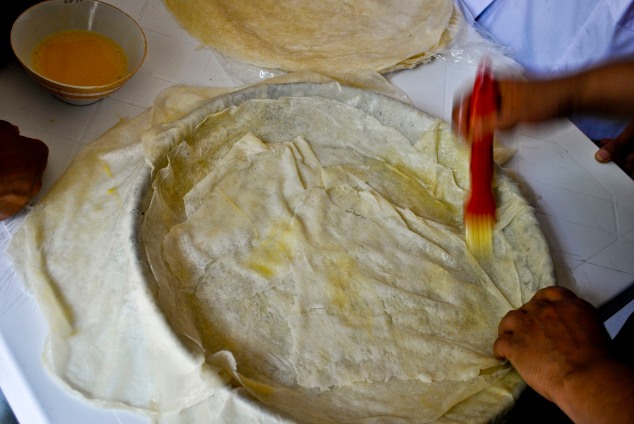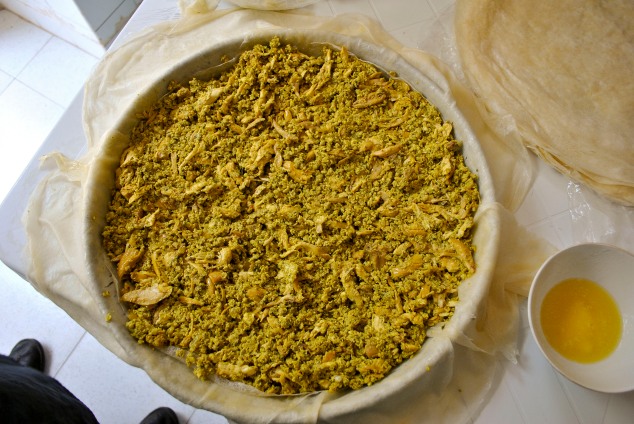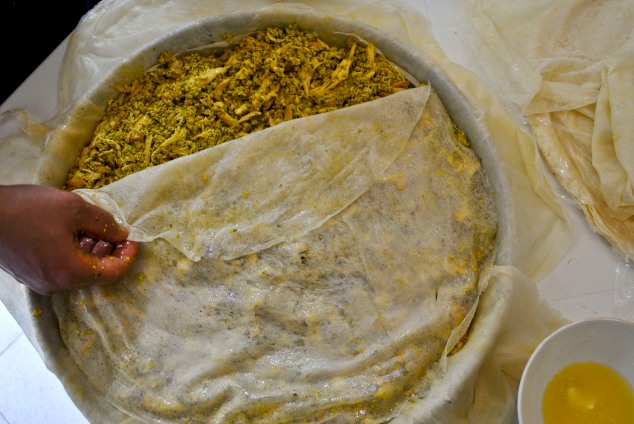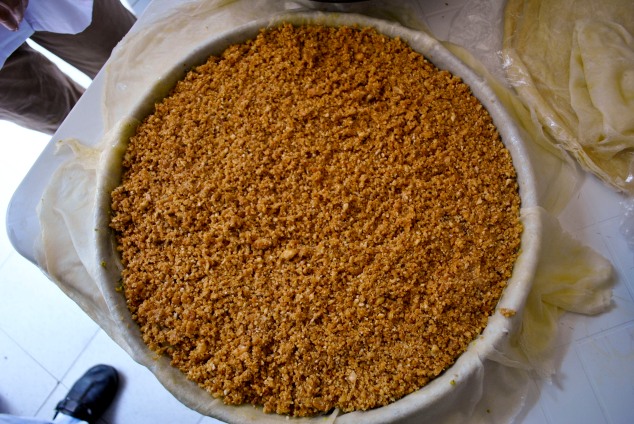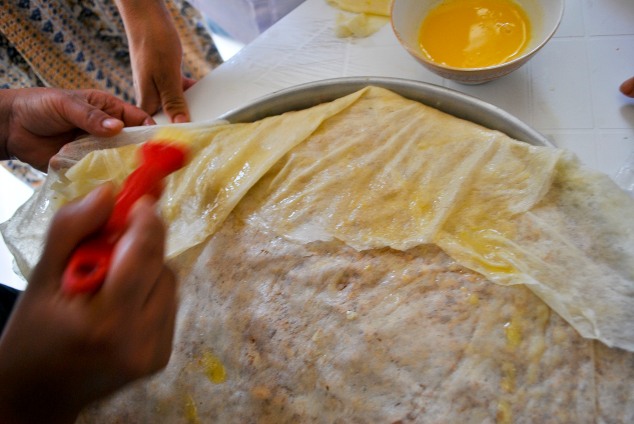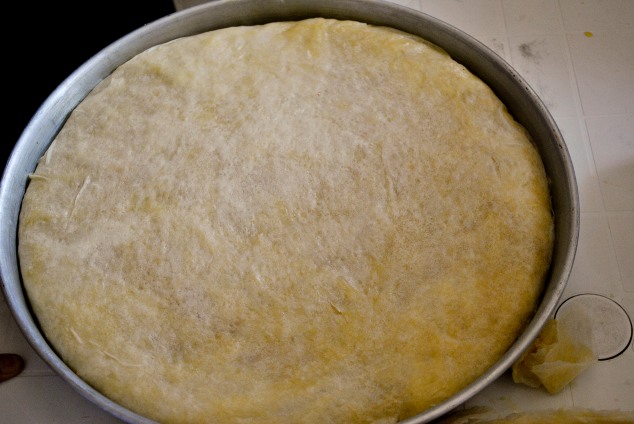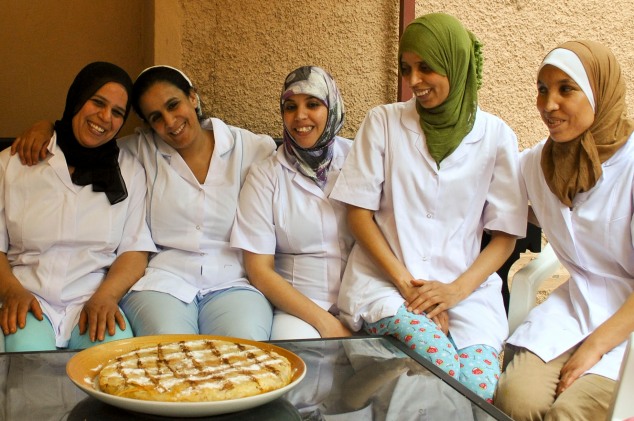Doesn’t that sound good!!??? I’m so very excited and happy to announce that this dream is finally coming into reality. I’m in excitement overdrive right now about the whole thing so bear with me.
Last time I wrote about how we had decided to establish this project as a non-profit. We had a general assembly, elected a board of 7 members from among the women. Naturally, it made sense for me to be the president or director of the non-profit, Lalla Khadija is the treasurer, and a lovely woman named Meriem is the secretary. After we did all this, we had to iron out our statutes. We stated as our basic goals:
To establish a training center in Moroccan cooking and pastries for at-risk women to rescue them from poverty.
To establish a simple restaurant to sell the products of the training center.
Then we put together a dossier that contains the statutes, the list of board members, the minutes from the general assembly, and photocopies of each of the members’ ID cards. All of this of course in seven copies, each page notarized, as is the custom here in Morocco. A person’s signature here is worthless unless it is notarized.
But we still needed one crucial document to establish this non-profit, and that was a rental contract. That’s right, to register any kind of business or non-profit in Morocco one first needs to have a rental contract. If a person is a homeowner then they can use their home address temporarily. But none of us are, so the final step of renting a place was crucial for us.
I’ve been looking for spaces to rent since about May/June. I’ve hired samsars (kinda fly-by-night agent that helps locate rentals), knocked on doors, found places that I got excited about but that weren’t meant to be, and spent probably 100s of hours day-dreaming and obsessing about “our space” (and the project in general, I even had very realistic dreams that we rented such-and-such a space). I made a lot prayers, especially the prayer of asking for God’s direction in making a decision salat al istikhara. It goes something like this:
Allah, if you know that this matter: renting this house for the women’s center, is best for me in my spiritual and worldly affairs, in this life and the next, in the immediate and the long-term, then will it for me, make it easy, and then put blessing in it for me. And if You know that this matter: renting this house for the women’s center, is bad for me in my spiritual and worldly affairs, in this life and the next, in the immediate and the long-term, then drive it away from me and drive me away from it, and will goodness for me wherever that may lie.
A beautifully simple and liberating prayer.
Everyone I met and told about this project also would make prayers of ease and blessing. Allahumma yassir, Allahumma barik. We work and strive in this world of cause and effect, but ultimately where things are truly determined is in a realm far beyond us. I never know who’s prayer is being answered or if it is a confluence of collective prayer…
Finally, the right space for our project materialized. It’s the downstairs of a villa in the Gueliz area. It has a wealth of light and all out good vibes. The street is lined with trees, the house is south facing so receives good light all day, there is a nice garden for outside dining and an herb garden, and plenty of space inside to create a great training kitchen, dining area, and display area for the pastries (I’ll try to post some pics soon). Thanks to private donations, we were able to pay the first year of rent in advance!
We are overjoyed with the space. The villa is old and needs some work, but the general feeling there is that it’s a safe and beautiful place for these women to learn and grow. Honestly it feels like a haven. The next phase is to make the necessary alterations and aesthetic improvements. An architect friend is kindly donating his time to draw up a plan of the space and make suggestions on how to proceed. Then next week we will bring in a builder to start tearing down some walls, putting a few doorways and windows in, etc. By the end of December, inshallah, we’ll be ready for equipment and furniture. Then the actual work and training can begin, yeah!
At this point, like I said, we’ve received some very generous support for the rent and repairs. We are now looking to raise the funds needed for the equipment and furniture. I’m appealing to you, dear readers and blogging community, for this support. I’d like to invite you to be part of this project with any donation that is possible to you.
I’m planning on asking some of the major equipment companies in the Food Service industry if they’ll sponsor our training center via some kind of donation of equipment and/or discount. I’m talking about Promark, Arcade Equipment and Foyelec. We don’t need a lot, but there are minimal pieces of professional equipment that we need like a big refrigerator, good range top and oven (I could go into great detail about what we need, I’ll save that though for a future post). Maybe one of my readers is somehow connected to one of these companies.
Here is the bank info for the Amal Women’s Training Center and Moroccan Restaurant:
Bank name: Attijariwafa Bank Account number (R.I.B) 007450000806500030059496 SWIFT code: BCM.AM.AMCHere’s our name and address:
Association Amal pour la Cuisine et les Gateaux Marocains Villa Simone Angle Rue Allah ben Ahmed et Ibn Sina Quartier l’Hopital Gueliz, Marrakesh, 40 000 MAROC Phone number: +212 613 10 84 60 email: amalnonprofit (at) gmail (dot) com (website coming soon!) Facebook: AmalNonProfitPlease support these needy and at-risk women with whatever donation is within your means. Peace and blessings to you all.

